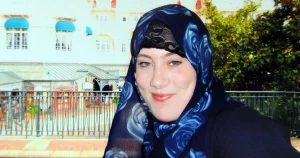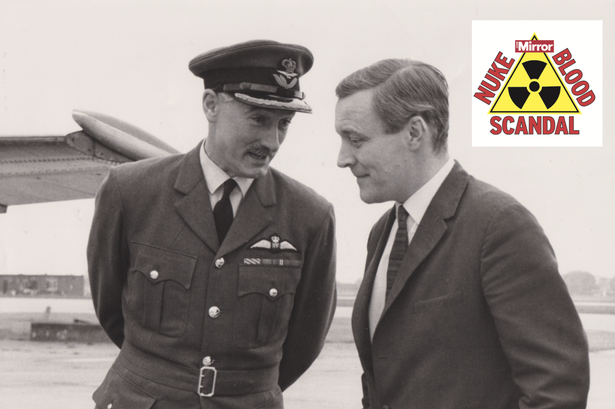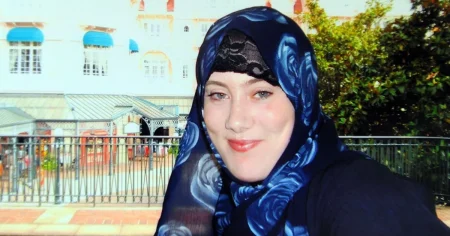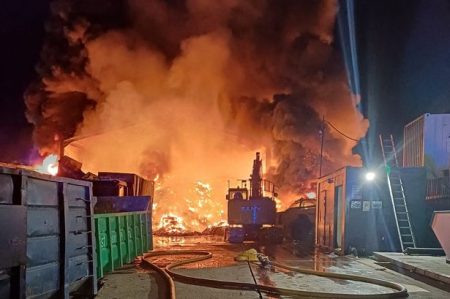In recent revelations, it has come to light that the Ministry of Defence (MoD) conducted blood tests on military personnel a decade after they had been subjected to radiation during Cold War weapons experiments. This controversial practice has raised significant concerns about the welfare and treatment of those affected by legacy testing programs. The tests aimed to assess the long-term health impacts of exposure to radiation; however, it has been suggested that the motives behind these actions may not have been entirely transparent.
The situation escalated further when the High Court was misled by the MoD regarding the status of a pivotal witness. An assertion was made that this individual had passed away, which played a critical role in the legal proceedings concerning the veterans’ claims for recognition and compensation. This misrepresentation has underscored accusations of a lack of accountability and integrity within the MoD, as the withholding of vital evidence can significantly impede the pursuit of justice for those whose lives have been adversely affected by radiation exposure.
The blood tests conducted on the troops were part of a broader effort to address the long-term health ramifications of exposure to radiation, a concern that has loomed over military testing programs from the Cold War era. Many veterans and their families have long-held suspicions regarding the adequacy of safety measures taken during these experiments and the potential cover-up of adverse health outcomes. The MoD’s delayed response in implementing these health assessments has frustrated veterans’ advocates who argue that timely and transparent actions are necessary for promoting the well-being of affected individuals.
Amidst these ongoing health evaluations, a considerable number of veterans have come forward, sharing their experiences and health struggles attributed to their participation in radiation exposure tests. Claims of various ailments, including cancer, autoimmune diseases, and other chronic health conditions, have been frequently reported among these individuals. Critics assert that the MoD has a moral obligation to fully acknowledge and address the consequences faced by their personnel, as many feel abandoned by a government they deemed should protect them.
In light of the MoD’s actions, public trust has been eroded, prompting calls for reform and greater oversight regarding military practices involving potentially harmful exposure. The call for justice goes beyond mere compensation; veterans are also seeking recognition and a formal apology for the lack of transparency and care regarding their health. There is an urgent demand for an in-depth inquiry into the historical practices surrounding cold war weapons testing and the treatment of affected personnel, which advocates claim could help restore some semblance of accountability in military operations.
Ultimately, the issues stemming from the MoD’s handling of Cold War-era radiation experiments serve as a stark reminder of the ethical responsibilities that accompany national defense initiatives. Ensuring the welfare of personnel should remain paramount, and systematic investigations into past directives must be undertaken to ensure that similar oversights are not repeated in the future. As veterans continue to seek justice, the MoD faces increased scrutiny from various stakeholders, all advocating for an urgent need for transparency, accountability, and a commitment to the health and well-being of those who served.














